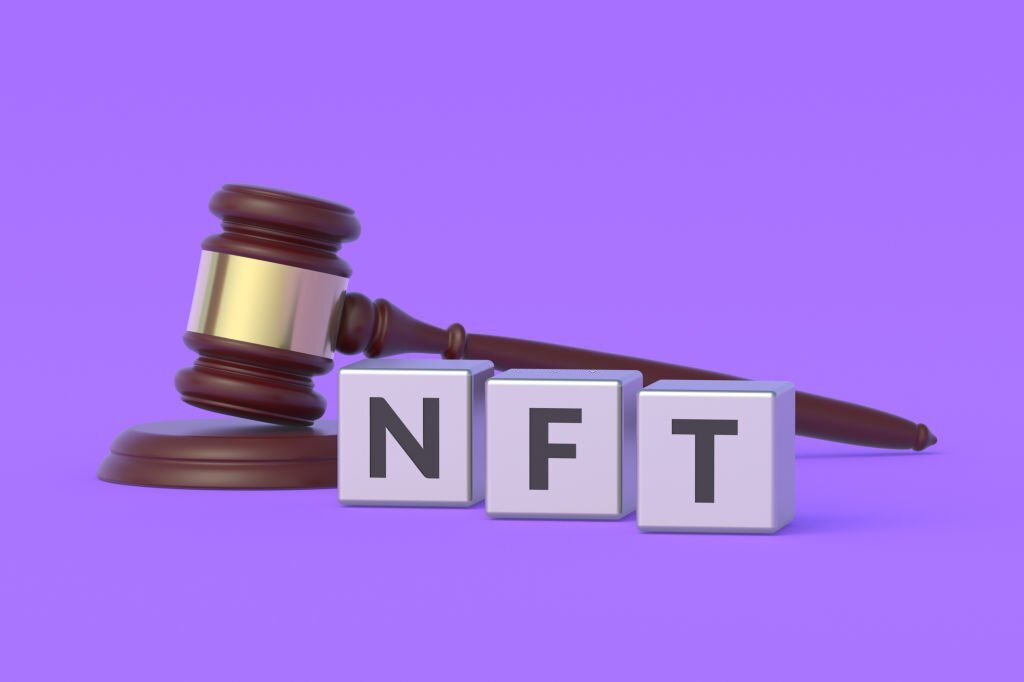The Rail, Maritime and Transport (RMT) Union has announced plans for the “biggest rail strike in modern history” amid an ongoing dispute about jobs and pay.
More than 40,000 railway workers will vote on whether to take strike action, which could begin as early as June.
The union said Network Rail intends to cut at least 2,500 critical maintenance jobs as part of a £2bn reduction in spending across the network.
It said staff have been hit with pay freezes, threats to jobs and “repeated” attacks on their terms and conditions.
“Removing 2,500 safety critical jobs from Network Rail will spell disaster for the public, make accidents more likely and will increase the possibility of trains flying off the tracks,” said RMT general secretary Mick Lynch.
“Train Operating Companies have praised our members for being key workers during the pandemic but have refused to keep staff pay in line with inflation and soaring living costs.
“As a result, thousands of railway workers have seen their living standards plummet and have run out of patience.
Rail prices halved on a million off-peak and advanced tickets amid cost of living crisis – but move will not help commuters
Stonehaven train crash that killed three people caused by errors in construction of drainage system, report says
Kirkby station crash: Train driver sent WhatsApp message about Murray Walker death moments before hitting buffers
“The way for trade unions to effectively take on the cost-of-living crisis is to stand up for their members at work and take industrial action when employers are not moved by the force of reasoned argument.
“A national rail strike will bring the country to a standstill, but our members livelihoods and passenger safety are our priorities.”
The 15 train operating companies that are being balloted are: Chiltern Railways, Cross Country Trains, Greater Anglia, LNER, East Midlands Railway, c2c, Great Western Railway, Northern Trains, South Eastern Railway, South Western Railway, Island Line, GTR (including Gatwick Express), Transpennine Express, Avanti West Coast and West Midlands Train.
The vote begins on 26 April and closes on 24 May.
Network Rail said it has not yet tabled any proposals or published formal consultation papers.
‘We can’t rely on government handouts’
Tim Shoveller, Network Rail’s regional director, said its “modernisation programme” aims to “build a sustainable future” that creates “better and safer jobs” for its staff.
“Our railway has been hit hard by the COVID-19 pandemic, and even as passenger numbers start to recover, we know travel habits and passenger demand have changed and the industry has to change too,” he said.
“We cannot keep relying on government handouts, and so we must work together with train operators and our trades unions to save millions of pounds and deliver a more efficient railway.
“We would not consider any changes that would make the railway less safe.
“We are disappointed that the RMT has taken this decision and urge them again to work with us, not against us, as we build an affordable railway fit for the future.”





